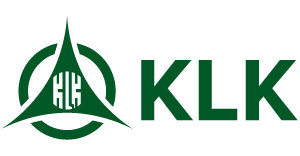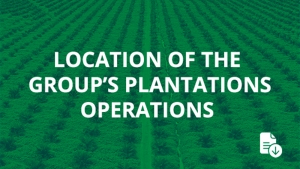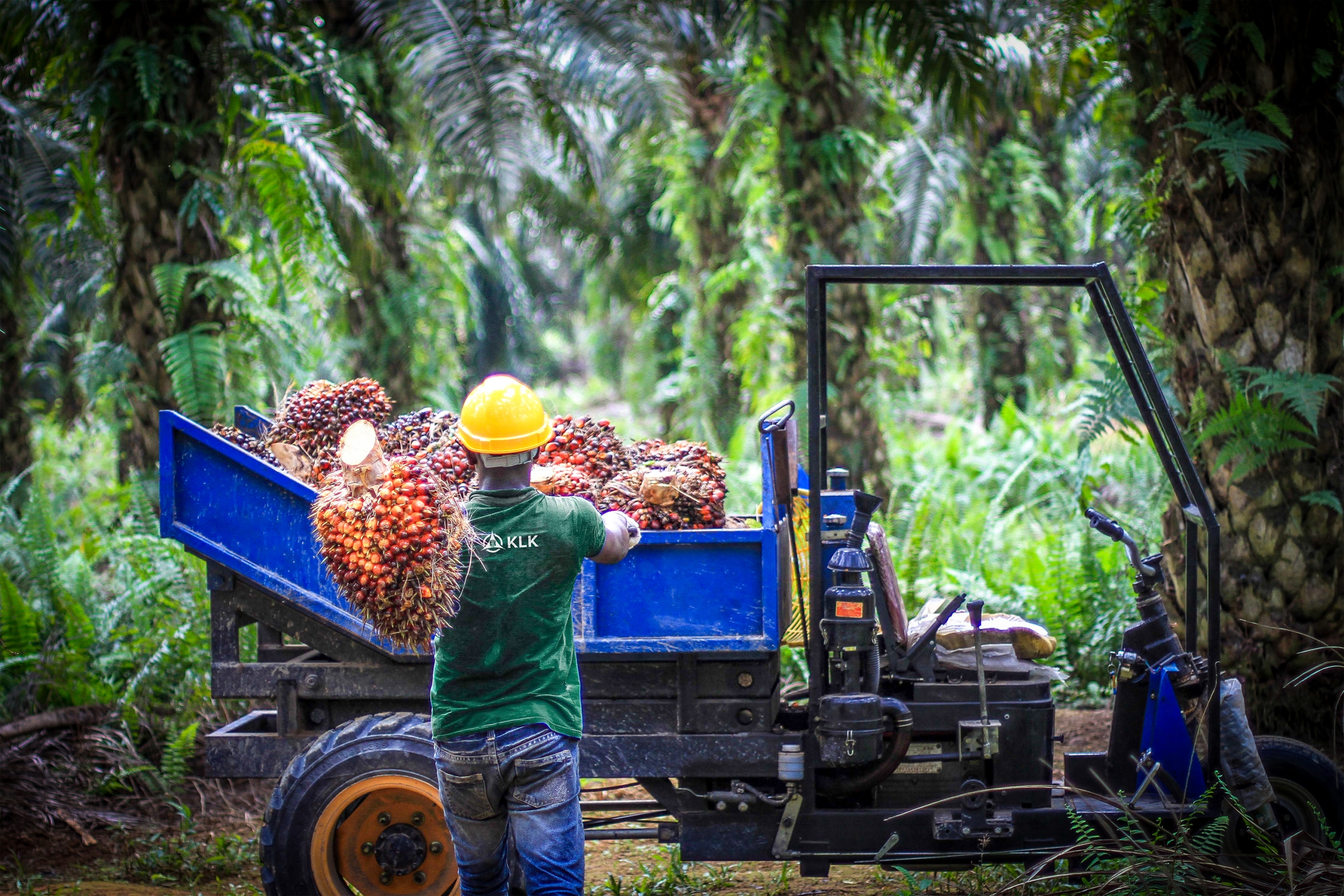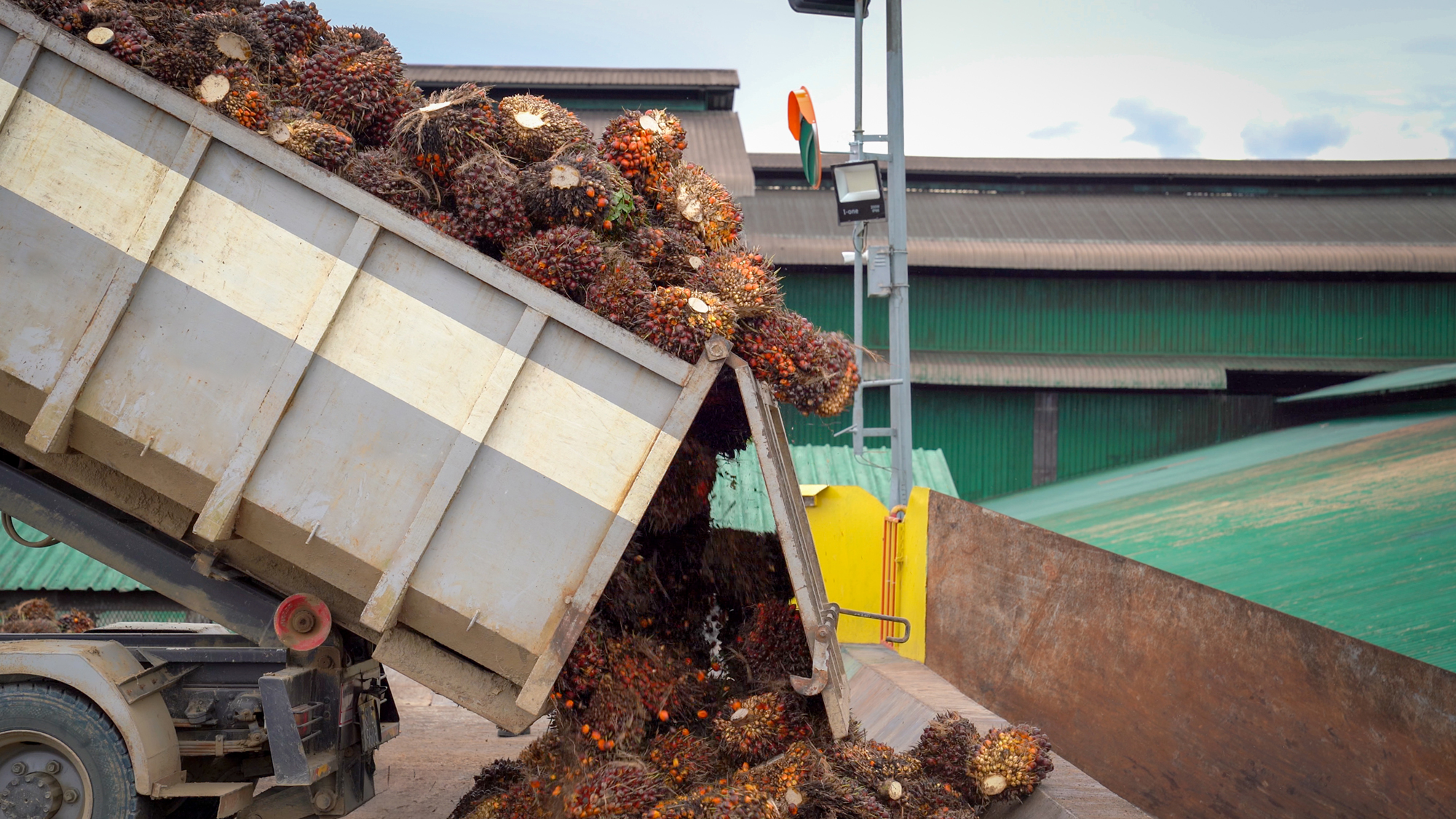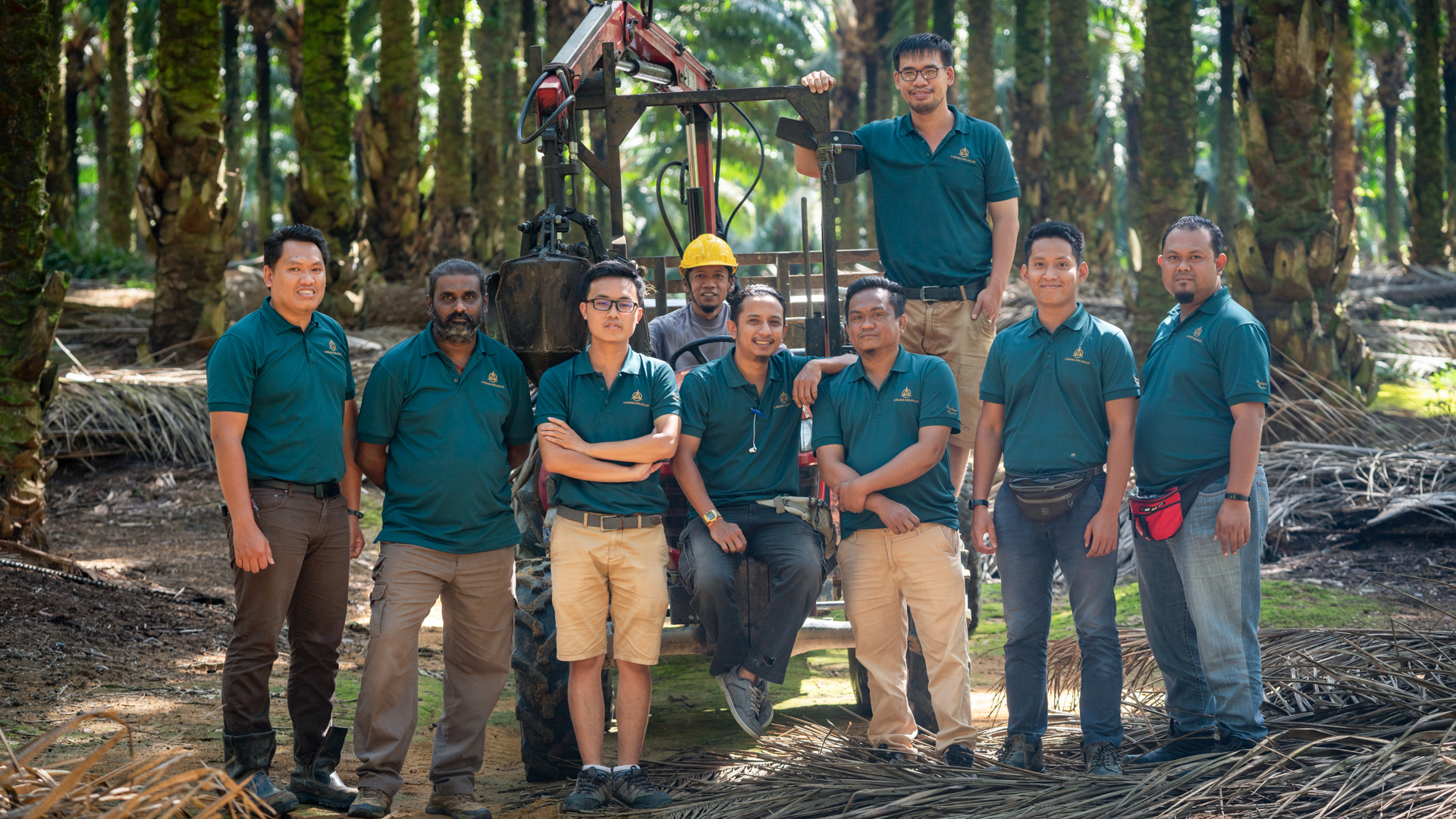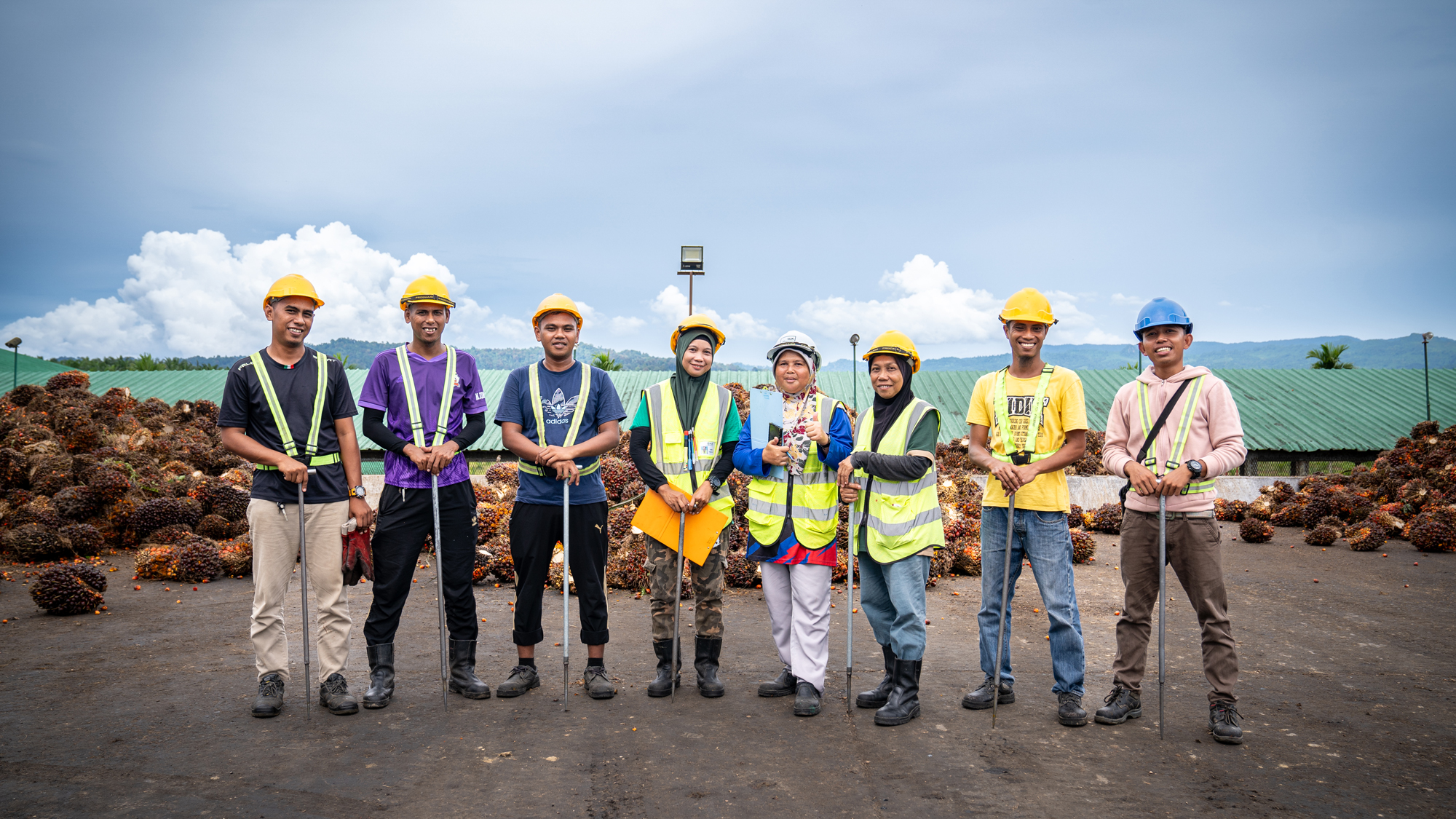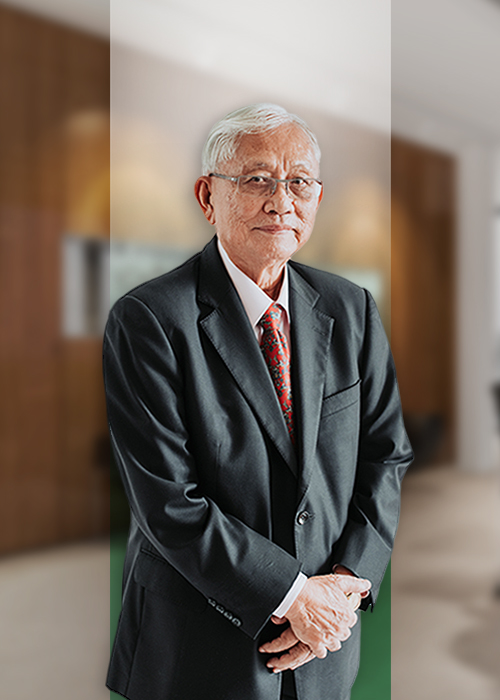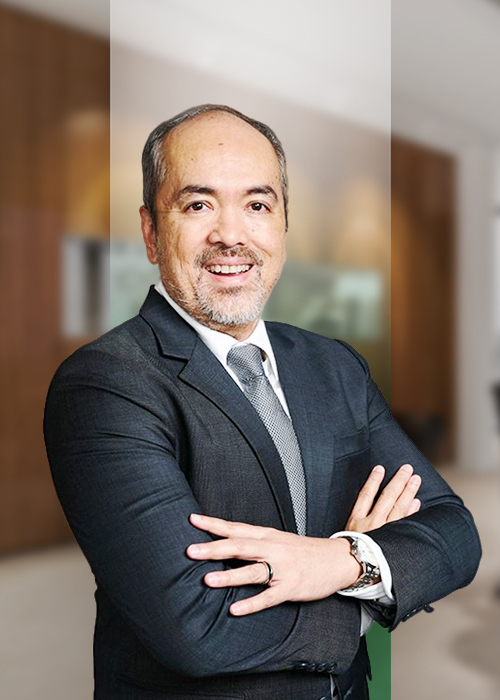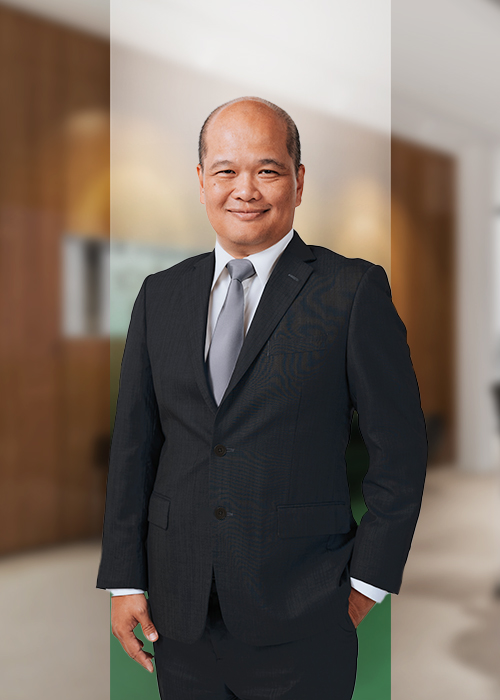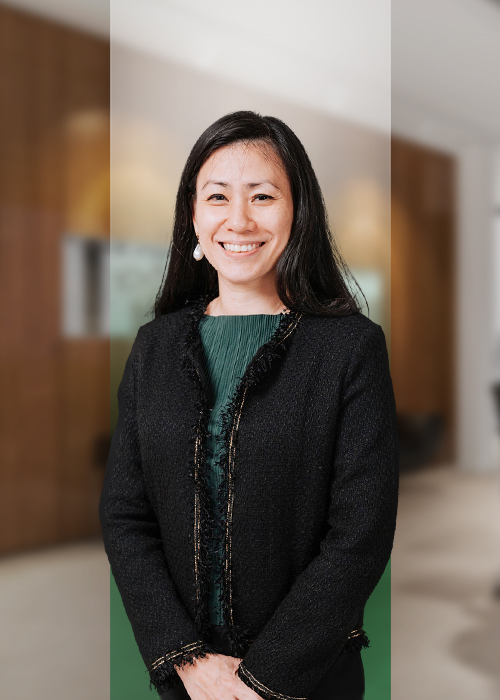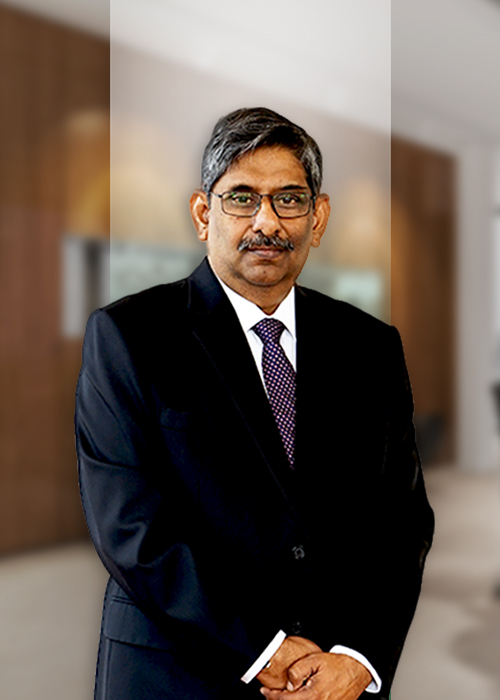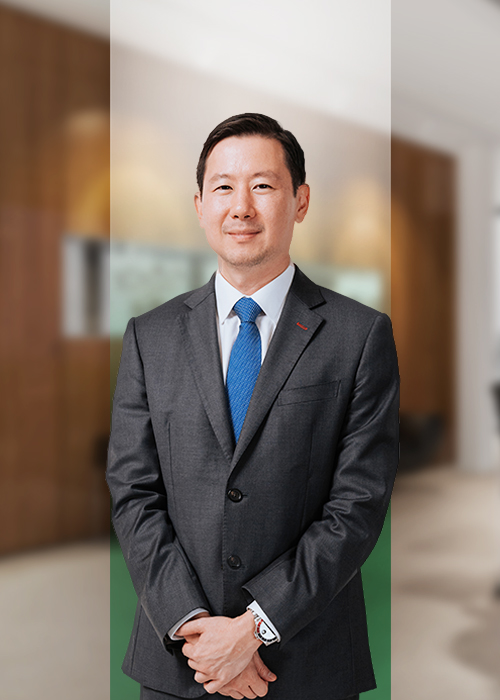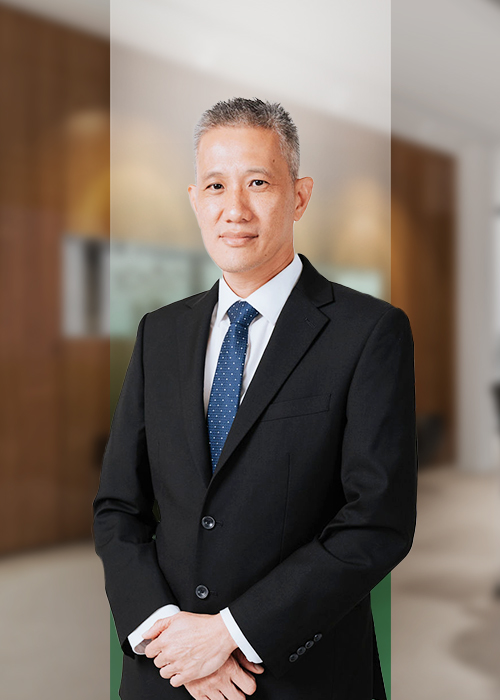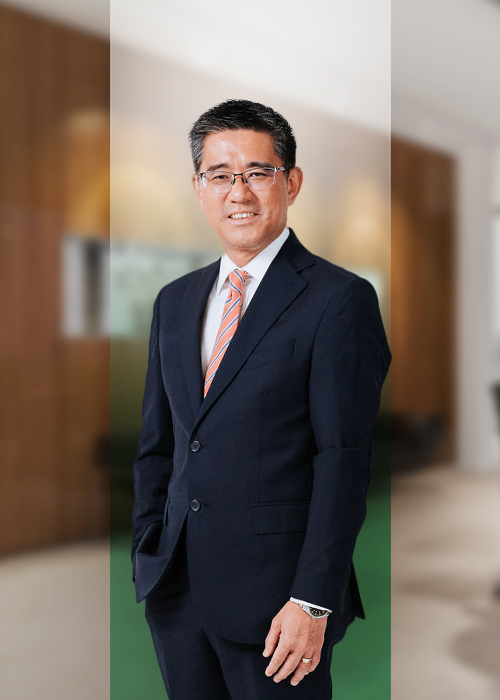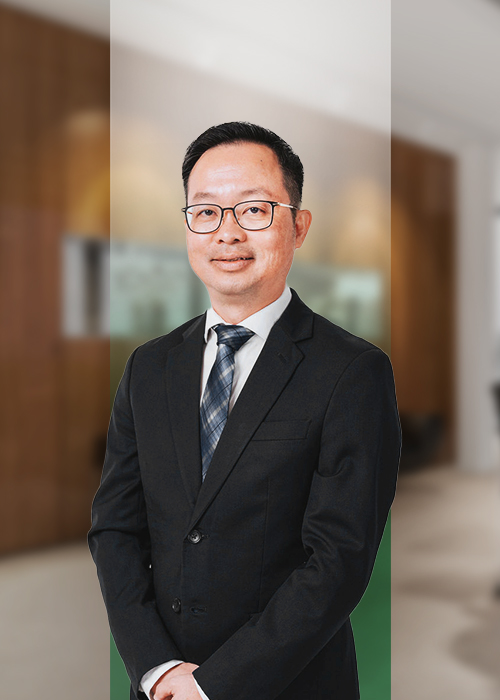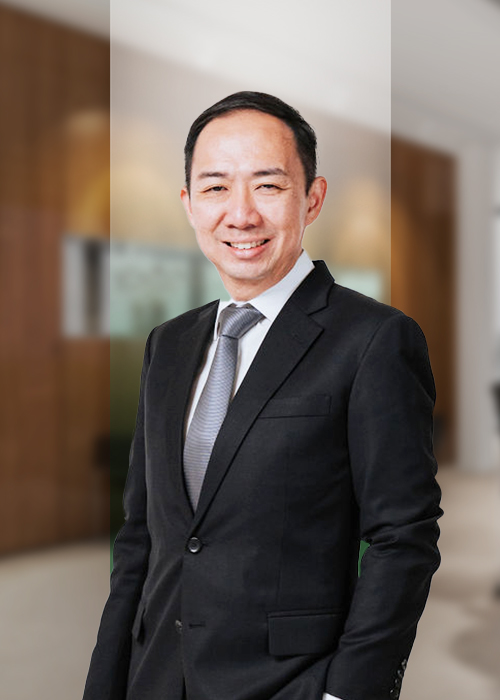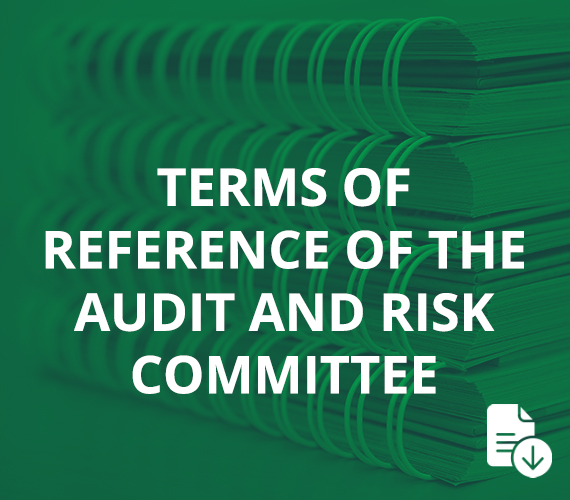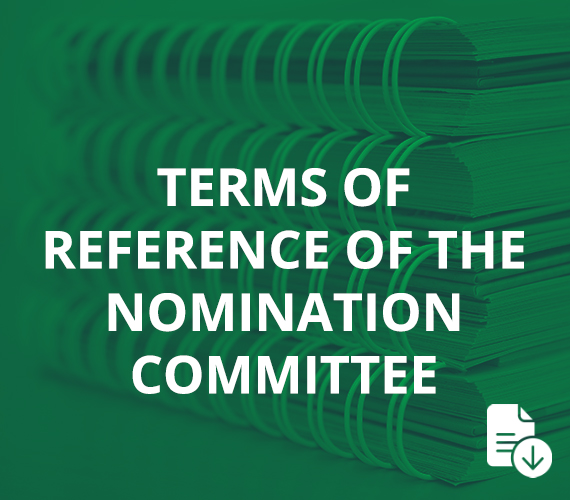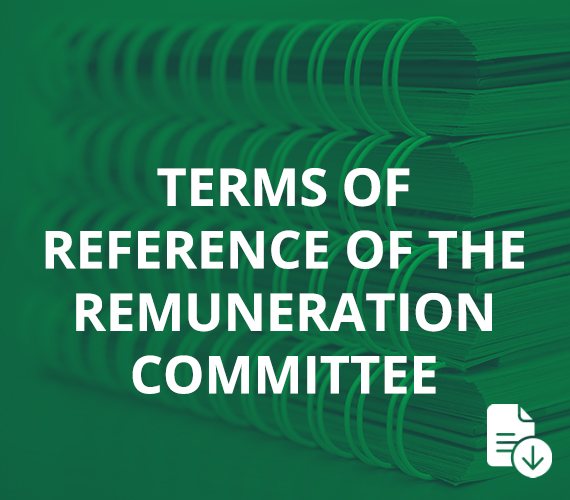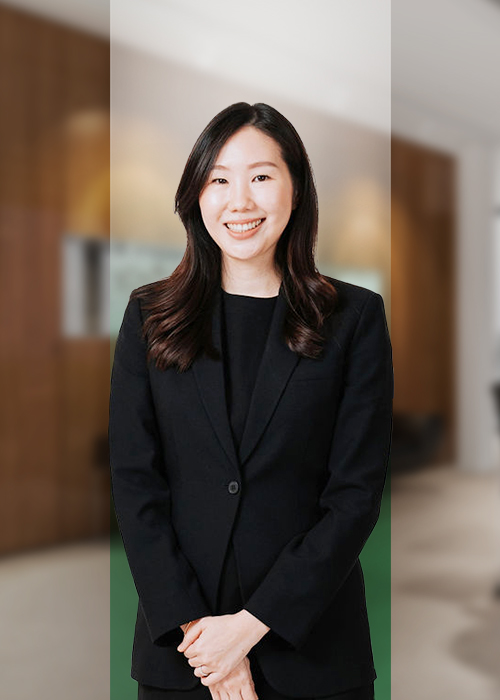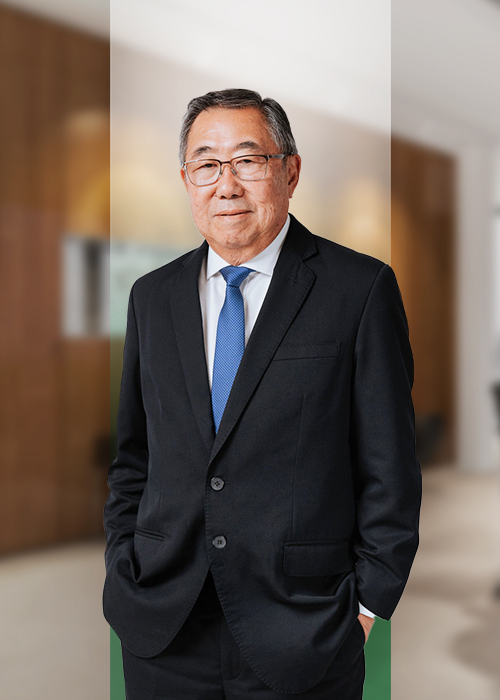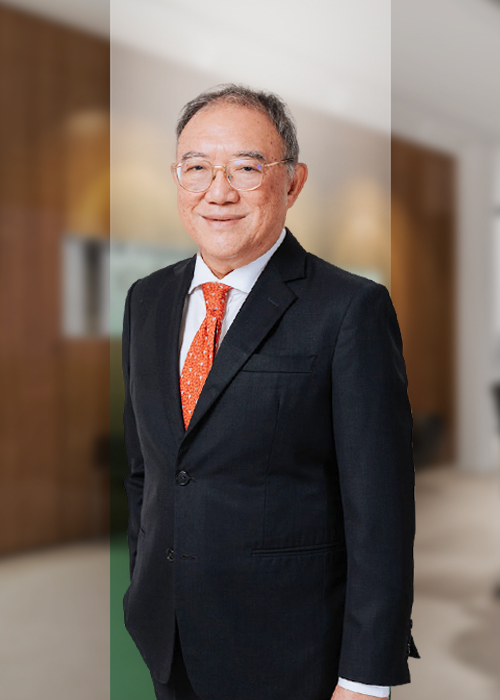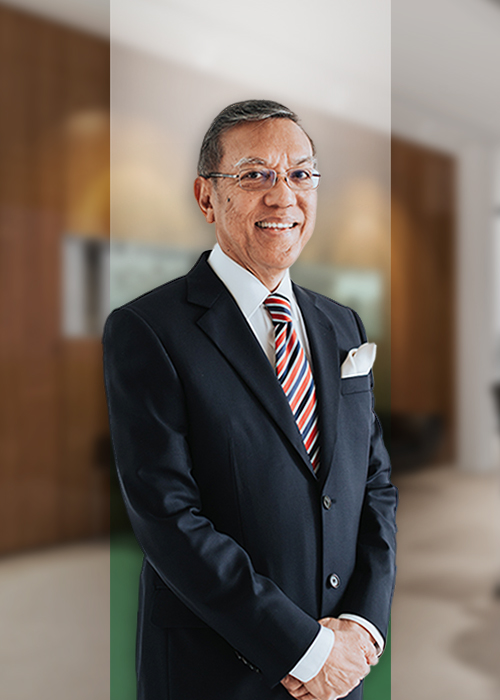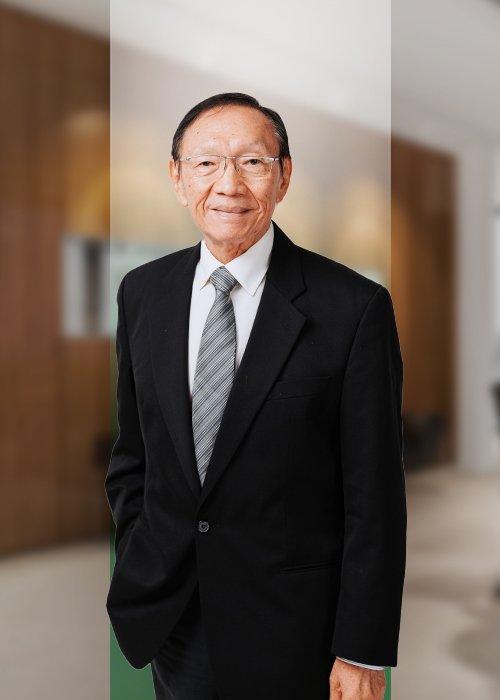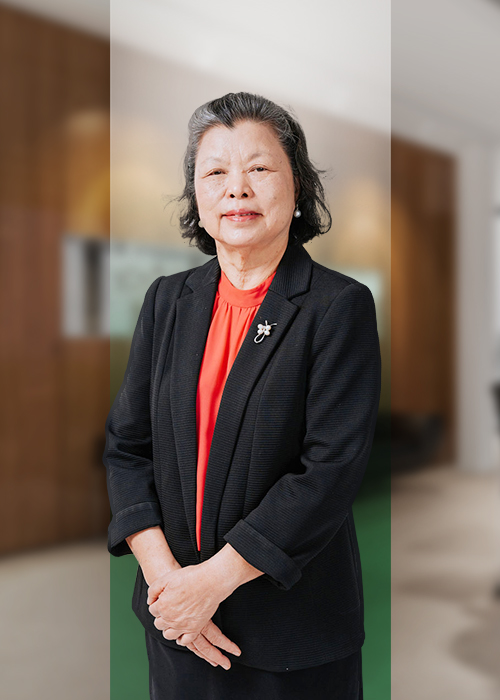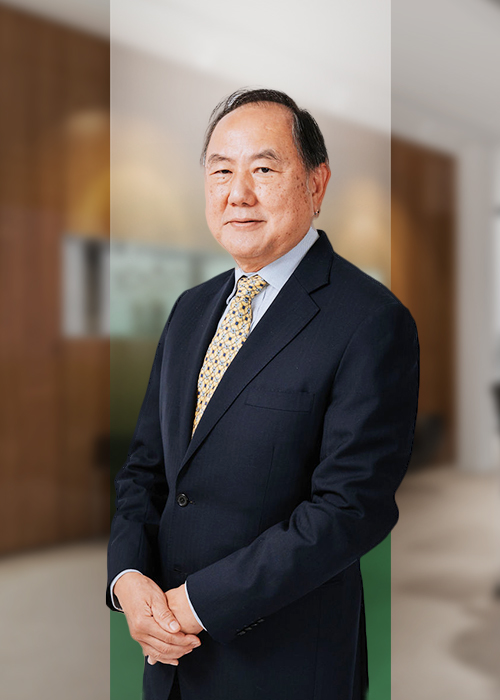KLK is amongst the largest plantation companies in Malaysia, with a land bank of about 300,000 hectares, spread across Malaysia (Peninsular and Sabah), Indonesia (Belitung Island, Sumatra, as well as Central and East Kalimantan) and Liberia.
In terms of geographical distribution, approximately 57% of the plantation land bank is located in Indonesia, 41% in Malaysia and 2% in Liberia.
Oil palm as the predominant crop covers 98% of the planted area while rubber covers 2%.
KLK’s quest to increase productivity is made successful with the implementation of best practices through its Group Agricultural Policy, the use of high-quality planting materials and leverage on expert agronomic advice from its highly regarded research and development associate, Applied Agricultural Resources Sdn. Bhd. (“AAR”). The scientific evaluations and experiments undertaken ensure that field practices are agronomically and economically sound, and ecologically and environmentally friendly. AAR’s ISO 9001:2015 certified oil palm tissue culture laboratory continues to churn out high OER ramets for the plantation.
Processing of the FFB crop is carried out at KLK’s own mills and KLK also operates five (5) refineries that process crude palm oil into RBD palm oil, RBD olein, RBD stearin, and PFAD. Further value is added to the kernels which are crushed by siz (6) plants to produce PKO and expellers.
Being a responsible corporate citizen, KLK is pursuing sustainability via RSPO certification of its CPO production which entails best practices, care of the environment and managing the social aspects.
In addition, KLK’s ongoing initiatives in reducing its carbon footprints are made through clean development mechanism (“CDM”) projects and green energy projects. CDM projects entail the capture of methane gas from the effluent ponds of palm oil mills which are then used in biogas gensets for electric power generation under green energy projects. The combined effect of these projects reduces greenhouse gases and displaces the use of fossil fuels for power generation. KLK has also started rolling out a Group-wide programme for the installation of the filter belt-press (“FBP”) system, which is currently in operation. FBP reduces methane formation and converts palm oil mill effluent (“POME”); a waste product into fertiliser. Water, a product from the process is recycled for cleaning purposes. KLK currently has nine (9) operational biogas power plants and thirty-five (35) FBPs installed.
KLK’s rubber plantations, whilst comprising only 2% of the total planted area, remain important to KLK’s plantation operations. The Group has three (3) operational rubber factories in Peninsular Malaysia.
